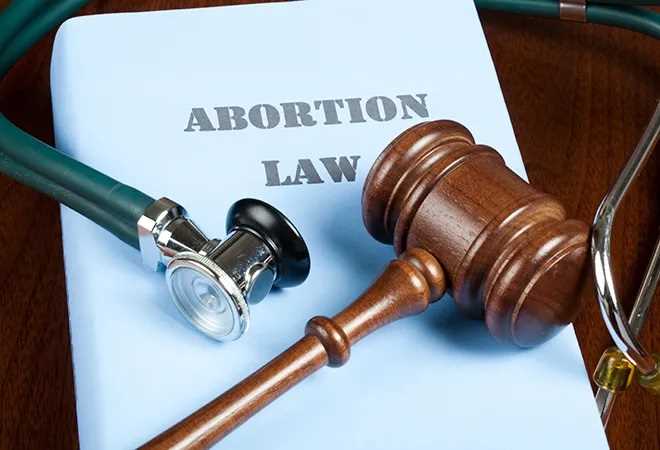Zimbabwe Abortion Court Ruling
In a groundbreaking decision, Zimbabwe’s High Court has declared unconstitutional the abortion ban affecting minors and victims of marital rape.
This is undobtedly a landmark decision for reproductive rights in Zimbabwe. The abortion court verdict addresses dangerous practices and legal disparities that put countless women and girls at risk.
Moreover, the ruling, which must still receive Constitutional Court approval, has been lauded as a crucial development for public health and human rights.
Why the Zimbabwe Abortion Court Ruling Matters
The decision to strike down restrictive abortion laws highlights the court’s recognition of reproductive health as a fundamental right. Judge Maxwell Takuva underscored that forcing minors or marital rape victims to carry pregnancies is a form of “torture, cruel, and degrading treatment.”
This landmark ruling directly addresses Zimbabwe’s deeply rooted issues, such as rampant teenage pregnancies and unsafe abortions that often lead to fatalities.
Addressing Teen Pregnancies and Unsafe Abortions
Statistics reveal an alarming trend: nearly one in four Zimbabwean girls becomes pregnant between the ages of 10 and 19. Poverty, cultural norms, and limited access to contraceptives contribute significantly to this crisis.
The Zimbabwe abortion court ruling offers hope by emphasizing the need for safe and legal abortion services to prevent deaths resulting from illegal procedures. Furthermore, this landmark decision highlights the urgent necessity of revising current policies to protect the health and rights of women.
The Role of Law and Cultural Practices
The ruling also sheds light on the country’s complex legal landscape. While abortion is technically allowed in specific cases, including incest or risks to the mother’s health, it remains inaccessible for many.
The Termination of Pregnancy Act has historically failed to accommodate the realities of underage pregnancies and marital rape victims, leaving many women with no choice but to seek unsafe alternatives.
As the Zimbabwe abortion court ruling awaits final Constitutional Court approval, it stands as a beacon of hope for reproductive justice advocates. Could this historic judgment ignite broader reforms in other African nations facing similar challenges?
Read More:















